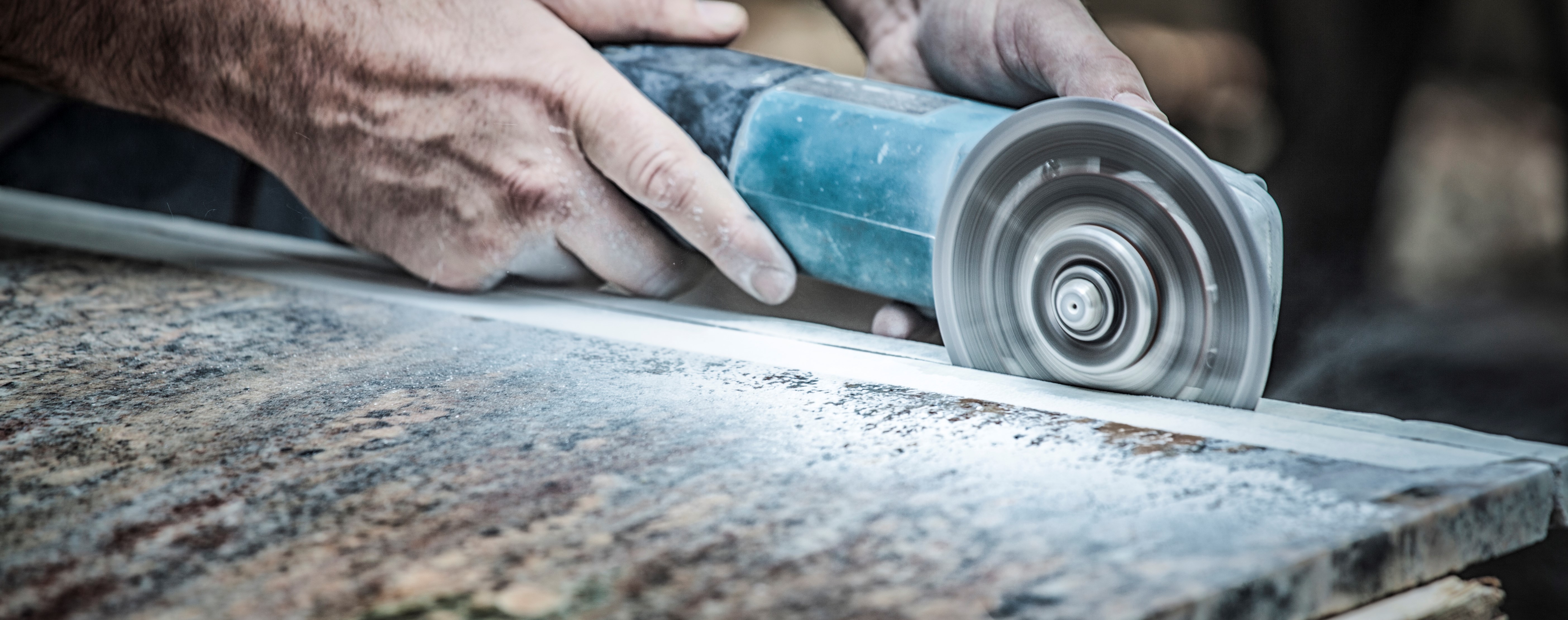August is National Tradies Health Month, which is the perfect time for Queensland tradies to educate themselves on risks in the workplace and start constructing healthy habits.
An estimated 3.6 million Australians are exposed to cancer-causing agents at work, with about 5000 cancer cases diagnosed each year as a result.
Awareness of risks associated with exposures such as asbestos and ultraviolet radiation are well-known but there are other exposures, such as diesel fumes and second-hand smoke, which may be less commonly perceived as a workplace cancer risk.
Work environments may also indirectly affect the risk of cancer by enabling unhealthy behaviours, such as poor nutrition and physical inactivity.
Cancer Council Queensland CEO Chris McMillan urged Queensland workers and employers to use National Tradies Health Month as a catalyst to become more aware of risks in the workplace and build in control methods and healthy habits to last a lifetime.
“Increasing awareness and taking action to put in place control measures for carcinogenic hazards now will go a long way to avoiding the worst kind of problems down the track – employees being diagnosed with a cancer that can be attributed to workplace exposure,” Ms McMillan said.
“Cancer Council has developed fact sheets around various occupational carcinogens, designed for both employers and employees.
“Simple steps, such as following work health and safety laws, winding up the window and turning on the air con if you are driving a diesel vehicle, packing healthy snacks, staying SunSmart and avoiding environmental tobacco smoke are just some examples of how you can reduce your cancer risk.”
The International Agency for Research on Cancer (IARC) has identified over 165 cancer causing agents that workers are potentially being exposed to in their workplace.
Common carcinogens in Australian workplaces include asbestos, welding fumes, diesel engine exhaust, environmental tobacco smoke, UV radiation and silica dust.
Here are some simple steps tradies can take to reduce their cancer risk.
Know your risk – and reduce it!
Start a conversation at your next toolbox meeting about carcinogens specific to your workplace. For example, many asbestos-containing materials remain in place throughout Australia, including in construction materials, insulation products, gaskets, friction brake products, vehicle and plant equipment, while crystalline silica is found in stone, rock, sand, gravel and clay, as well as products such as bricks, tiles, concrete, artificial stone benchtops and some plastic materials.
Bring an ‘esky’ filled with a healthy lunch and snacks
Collectively, being overweight or obese, physically inactive, and eating unhealthily are second only to tobacco as preventable risk factors for cancer. It can be difficult for some tradies to access a fridge when working, which often makes it difficult to pack lunches from home. This is where some forward planning comes in handy – try bringing an esky that is filled with a balanced lunch and healthy snacks, such as fruit and unsalted nuts.
Stay clear of tobacco smoke
Quitting smoking is one of the most important things you can do to reduce your risk of cancer. Those who smoke can obtain free information, practical assistance and support from Quitline, 13 QUIT (13 7848). Those who don’t smoke should also aim to create a smoke-free work site to avoid environmental tobacco smoke (ETS) and Safe Work Australia outlines how workers exposure to second-hand smoke in the workplace can be controlled.
Be SunSmart every day
Exposure to UV radiation can damage the skin and eyes and outdoor workers receive between five and 10 times more UV radiation exposure than indoor workers. However, with workplace policies that are embedded into everyday practice, the risk presented to outdoor workers can be significantly reduced. That’s why Cancer Council Queensland recommends Queensland tradies abide by all five sun protective recommendations all year round – Slip on protective clothing, Slop on minimum SPF30 broad-spectrum, water-resistant sunscreen, Slap on a broad-brimmed hat, Seek shade and Slide on wrap-around sunnies.
If you think you may have been exposed to a cancer-causing agent, it is important to speak with a GP or health professional.
To find out what you can do to create a workplace that supports healthy choices to help reduce cancer risk, contact Cancer Council 13 11 20 or visit www.quest.org.au
ENDS
* Reference: Workers’ compensation claims paid in Australian 2000-2012, Monograph Series 2015.

For more information, journalists can contact:
Paul Bidmeade, Advisor, Public Relations, Cancer Council Queensland
P. (07) 3634 5380 or 0409 001 171
E. PaulBidmeade@cancerqld.org.au

